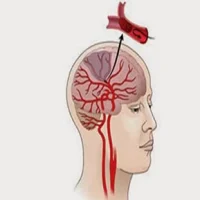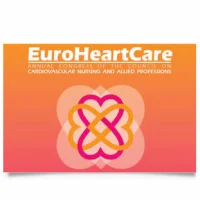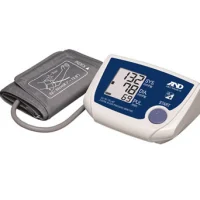Research from the University of Alabama at Birmingham claims that blood pressure medicines may be effective in treating high blood pressure but it may be as risky to wait for the condition to develop and then treat it to a controlled level. The findings have been published in the journal Stroke.
The study was led by George Howard, a professor in the Department of Biostatistics in the UAB School of Public Health. 26,785 participants, age 45 plus from the Reasons for Geographic and Racial Differences in Stroke (REGARDS) study were followed for 6.3 years.12,327 participants were successfully treated hypertensives and 4,090 unsuccessfully treated hypertensives. At follow-up, over 820 participants experienced a stroke.
The study suggests that the harder hypertension is to control, the higher the risk for stroke. 33 percent of the participants ended up with a higher risk of stroke with each blood pressure medicine. Hypertensive participants on three or more blood pressure medicines had a 2.5 times higher risk of strokes compared to those without treatment.
"You're in as much trouble by the time you are on three medications that achieve excellent control as you are when you have hypertension and it is untreated, which is amazing," Dr. Howard said. "We want to raise the issue that, despite great advances in a pharmaceutical approach, relying solely on this approach is going to come at a dear price of people's lives."
Dr. Howard recommends that the best way to control this problem is to prevent hypertension altogether. This can be done by participating in moderate physical activity, maintaining weight within the normal range, and eating a healthy diet of fruits, vegetables and low fat daily products. Lifestyle changes can help prevent hypertension. Over the last 14 years, deaths due to stroke have declined by 42 percent because a large number of people are working toward preventing the problem. Dr. Howard also suggests that there need to be some policy changes to prevent the development of hypertension.
Source: University of Alabama at Birmingham
Image Credit: Pixabay










